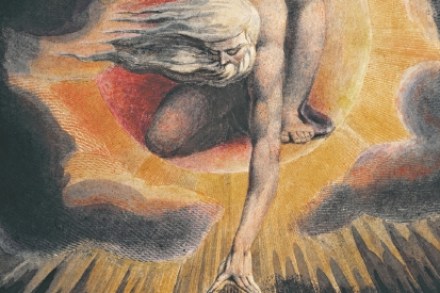Neighbours and strangers
Margaret Forster, who died on 8 February, excelled at writing about complex relationships between women. Even old friends, she demonstrated, can experience jealousy, disapproval or dislike. Here, ‘Sarah’ has changed her name to live incognito on the west coast of Cumbria, in a town chosen at random. When she gets locked out of her house, a bond is formed between her and her elderly neighbour Nancy — whose deceased friend Amy once owned Sarah’s rental and left Nancy a key. Although Sarah is ostensibly the one with ‘a past’ (prison), it was Nancy whom I found most interesting. She first appears as a typical busybody, spying from her window, curmudgeonly




















